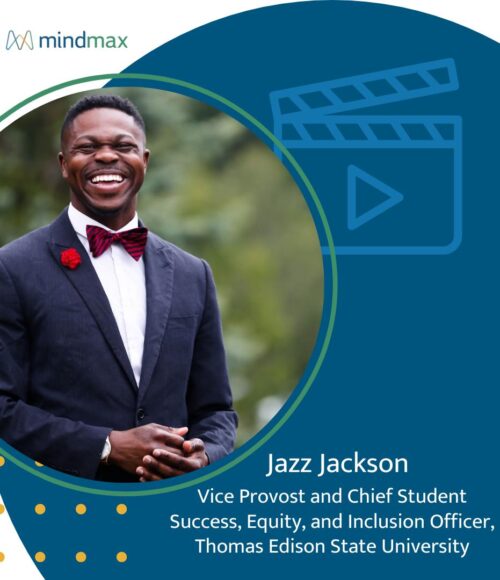Three Thoughts on Leadership for August
Leadership is hard. Motivating people towards a common goal is even harder. This month, my reflections focus on the challenging yet rewarding job of channeling different passions and personalities.
Building a Foundation of Trust
As I look back on my Boy Scout leader training, one piece of advice sticks out to me – lead from the middle. By putting the leader in the middle during a hike, they can easily communicate and motivate all parts of the line. The same logic applies to leadership in higher education. When you lead from the middle, the advice you give (and the way you communicate that advice) resonates with your colleagues and allows them to internalize the advice and make it their own.
Another key part of developing a foundation of trust is based on how well you know your colleagues on a personal level. In my office, my computer monitor has had the same post-it for 8 years – it says “5 minutes a day”.

The post-it reminds me to take at least 5 minutes a day to communicate with someone in my company, and to actually listen to them. Our conversations don’t need to revolve around something work related – sometimes our conversations are about sharing personal anecdotes or hobbies. Ultimately, focusing on people for who they are, not only the skills they can bring to the company, is key for building trust and forming relationships that go beyond surface level.
Discovery Questioning and Advising
As my leadership role has evolved, I am frequently asked for my thoughts and opinions. Although it is very tempting to answer questions based solely on my opinion, I have found that leadership advising is much more successful when I stop and use some discovery questioning. By asking questions, it’s easier to discern the root cause of a problem or get the whole picture of a situation. The key is to actively listen to both what people are saying and what they are not saying by paying close attention to the way they respond to more probing questions.
Similarly, a great mechanism for advising is using stories with relatable experiences. It’s easy to use stories as teachable moments, but individuals often can’t take that advice and adopt it unless they can personally relate to it. People are more likely to own next steps if they themselves can make a connection to the advice given, rather than if they are just given empty words or cliché guidance.
Coaching Those Who Want to be Coached
Coaching seems to be all the rage today. Having coached at many levels – from casual youth sports to high level olympic development to more informal roles with friends or colleagues – one thing has become abundantly clear to me: if someone does not want to be coached, you can’t force them. And, even if they do want to be coached, they need to want to be coached by you specifically.
Another key for coaching success is motivation. A good coach is able to connect with someone’s intrinsic motivation and help them take the right next step for their specific situation. An effective coach can help an individual remove seemingly impossible obstacles, and help them plan for and achieve long-term objectives.
Lastly, it’s important to keep in mind that there are different kinds of motivators, and they all have different lifespans. For example, pain can be a great motivator, but will always have a very fleeting lifespan and short-term results. The most successful coaching experiences I’ve had are when I am able to create an atmosphere of fun, joy, or focus on long-term goals.
Random Gratitude
This month, I am particularly grateful for the dozens of coaches, friends, mentors, and colleagues that I have in my life today.
Related Ideas
Jazz Jackson Wants to Help Every Student Finish What They Start

John Robichaux Wants Lifelong Learning to Drive Public Impact
